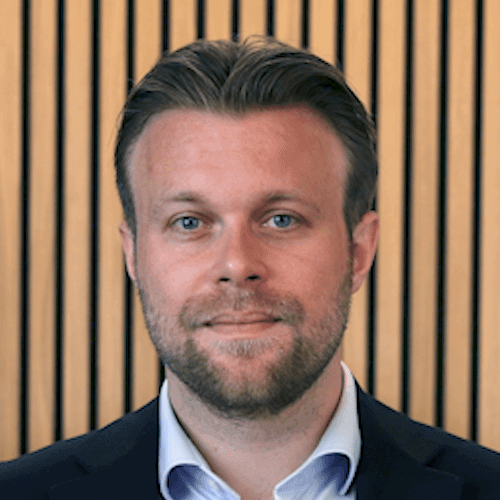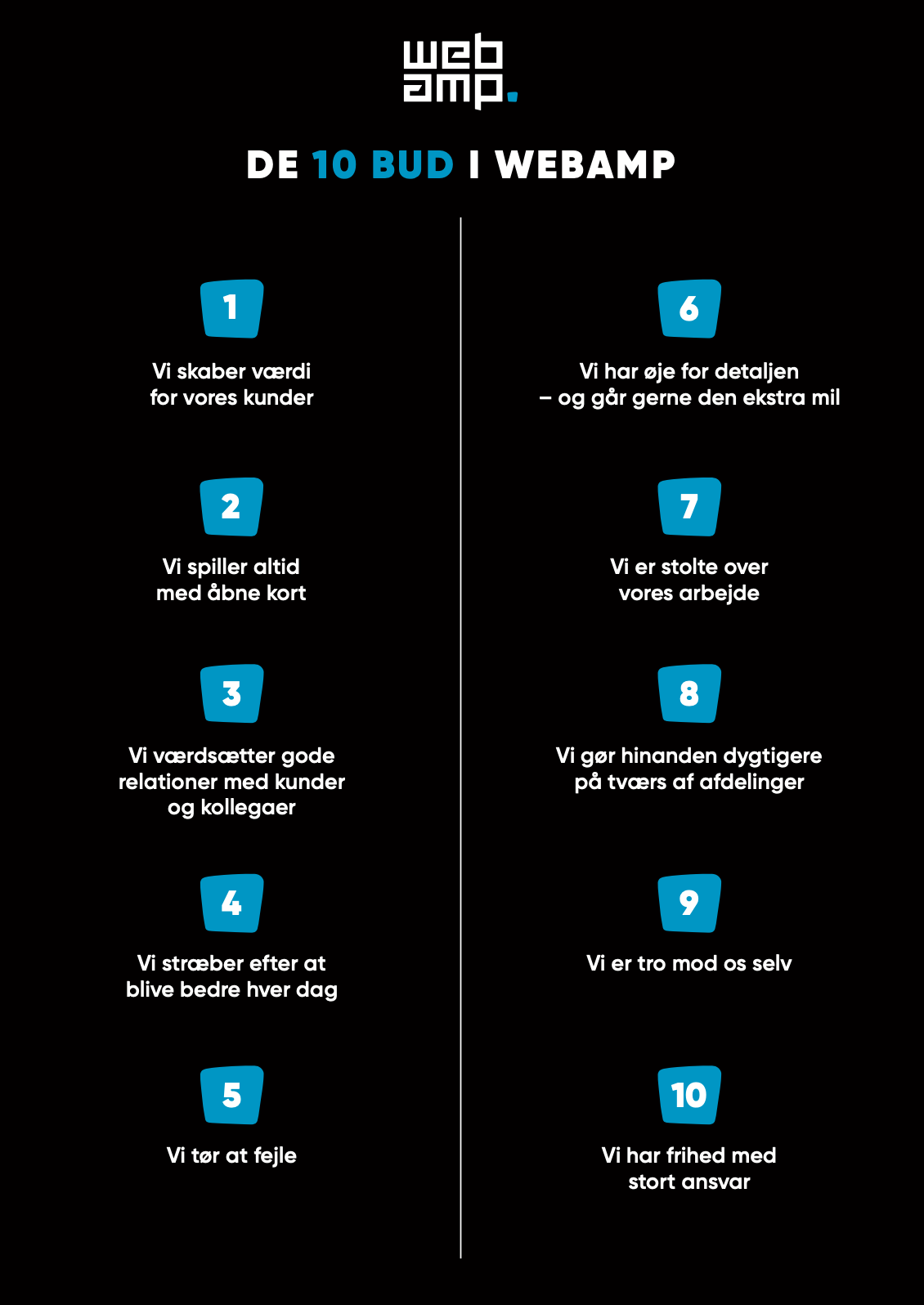My recommendation for good business podcasts
My recommendation for good business podcasts
Insightful and inspiring podcasts
Podcasts are a great way for listeners to seek out new knowledge, and more companies are using podcasts to communicate more personally with their stakeholders. It also makes the medium a logical choice when it comes to brand marketing and pushing their vision and knowledge to a wider audience.
The huge interest in listening to podcasts has resulted in a huge variety of options, which can be confusing to navigate. To save you from having to dig through the deep sea of business podcasts, I've compiled the business podcasts that I find most insightful and inspiring.

The Authority Hacker Podcast
Hosts: Gael Breton & Mark Webster
Topic: SEO
Language: English
Length: 35-50 minutes
In this podcast, hosts Gael and Mark go in-depth on SEO and affiliate marketing. They give advice on how to build affiliate sites with SEO traffic as well as how to optimize your content or product's chances of being found on various search engines. Gael & Mark also work on various sites themselves, from which they bring their own personal experience that you can implement into your own strategy. The podcast is particularly relevant for those who are interested in building a website or, who are already working with SEO and thus would like to expand your skills.
Help Marketing
Host: Eric Ziengs
Topic: content marketing
Language: English
Length: 35-60 minutes
In this podcast, Eric Ziengs interviews experts in a specific area of marketing including Facebook, Twitter, Instagram, LinkedIn, conversion optimization, sales funnel and more. Along with a guest, Ziengs provides concrete input that can help make your job easier. The podcast is for those interested in how online marketing works and how you can implement it into your current business strategy.
The Paid Search Podcast
Host: Chris Schaeffer & Jason Rothman
Topic: Google Ads / Adwords & PPC
Language: English
Length: 40-55 minutes
Google AdWords experts and Google Partners Chris Schaeffer and Jason Rothman talk in this podcast about PPC, Google Ads, online marketing, and how to effectively advertise your business online. The podcast is designed to help business owners, digital marketing agency employees and PCC freelancers get the most out of their Google Ads budgets.
Worklife with Adam Grant
Host: Adam Grant
Topic: work-life balance
Language: English
Length: 30-60 minutes
Although we may have different roles at work, stress and breakdown can affect us all. In this podcast, organisational psychologist, Adam Grant, gives refreshing interviews on topics such as 'Breaking Up with Perfectionism' and 'How to stop languishing and start finding flow'. Learning to balance your work with your daily routines can help you optimise your potential, and in doing so Grant offers ways to enjoy the work part of your life.
The New Standard
Host: Nicolai Vittrup
Subject: entrepreneurship, corporate culture and management
Language: Danish
Length: 50 minutes
In The New Standard, I join a guest to delve into the stories that have shaped and continue to drive Denmark's entrepreneurs. This business podcast aims to give inspiring people a voice to put into words their journey within the business world. The media universe that is The New Standard will also serve as a platform for others who also have an interest in entrepreneurship to come together around thought-provoking and inspiring stories. If entrepreneurship, business culture and management fall within your field of interest, The New Standard is your new business podcast.

